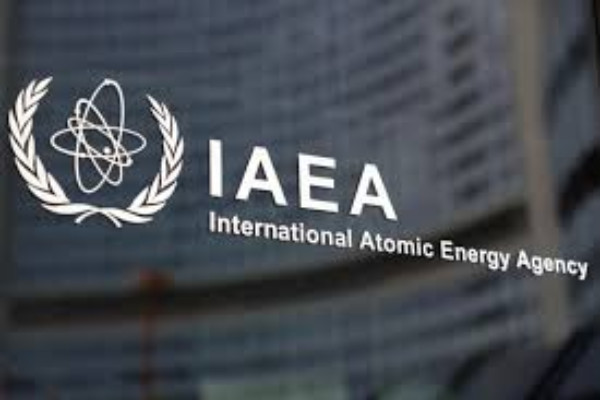
Iran is “pressing the gas pedal” on its enrichment of uranium to near weapons
grade, U.N. nuclear watchdog chief Rafael Grossi said on Wednesday, adding that Iran’s recently announced acceleration in enrichment was starting to take effect.
Grossi said last month that Iran had informed the International Atomic Energy Agency that it would “dramatically” accelerate enrichment of uranium to up to 60% purity, closer to the roughly 90% of weapons grade.
Western powers called the step a serious escalation and said there was no civil justification for enriching to that level and that no other country had done so without producing nuclear weapons. Iran has said its programme is entirely peaceful and it has the right to enrich uranium to any level it wants.
“Before it was (producing) more or less seven kilograms (of uranium enriched to up to 60%) per month, now it’s above 30 or more than that. So I think this is a clear indication of an acceleration. They are pressing the gas pedal,” Grossi told reporters at the World Economic Forum in Davos.
According to an International Atomic Energy Agency yardstick, about 42 kg of uranium enriched to that level is enough in principle, if enriched further, for one nuclear bomb.
Grossi said Iran currently had about 200 kg of uranium enriched to up to 60%.
Still, he said it would take time to install and bring online the extra centrifuges – machines that enrich uranium – but that the acceleration was starting to happen.
“We are going to start seeing steady increases from now,” he said.
Grossi has called for diplomacy between Iran and the administration of new U.S. President Donald Trump, who in his first term, pulled the United States out of a nuclear deal
between Iran and major powers that had imposed strict limits on Iran’s atomic activities. That deal has since unravelled.
“One can gather from the first statements from President Trump and some others in the new administration that there is a disposition, so to speak, to have a conversation and perhaps move into some form of an agreement,” he said.
Separately, U.N. Secretary-General Antonio Guterres said at Davos that Iran must make a first step towards improving relations with countries in the region and the United States by making it clear it does not aim to develop nuclear weapons.
With Reuters inputs
Thirty eight years in journalism, widely travelled, history buff with a preference for Old Monk Rum. Current interest/focus spans China, Technology and Trade. Recent reads: Steven Colls Directorate S and Alexander Frater's Chasing the Monsoon. Netflix/Prime video junkie. Loves animal videos on Facebook. Reluctant tweeter.




